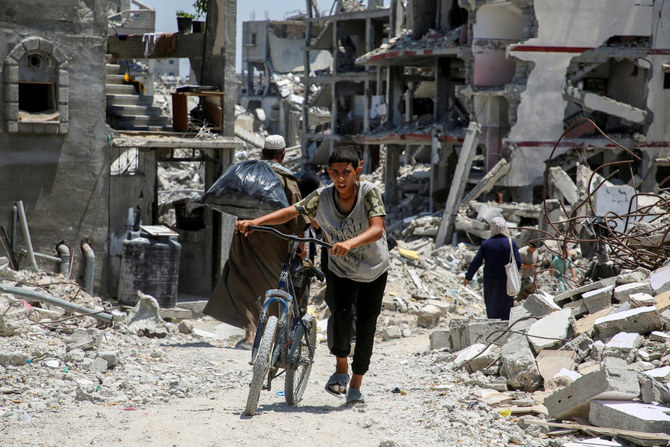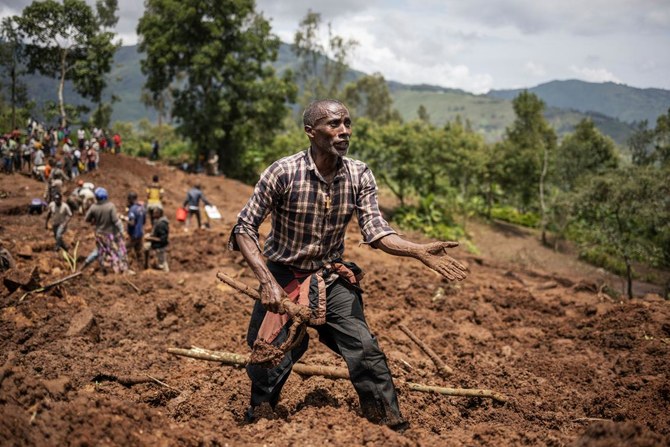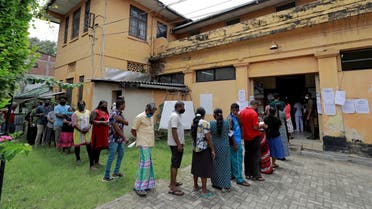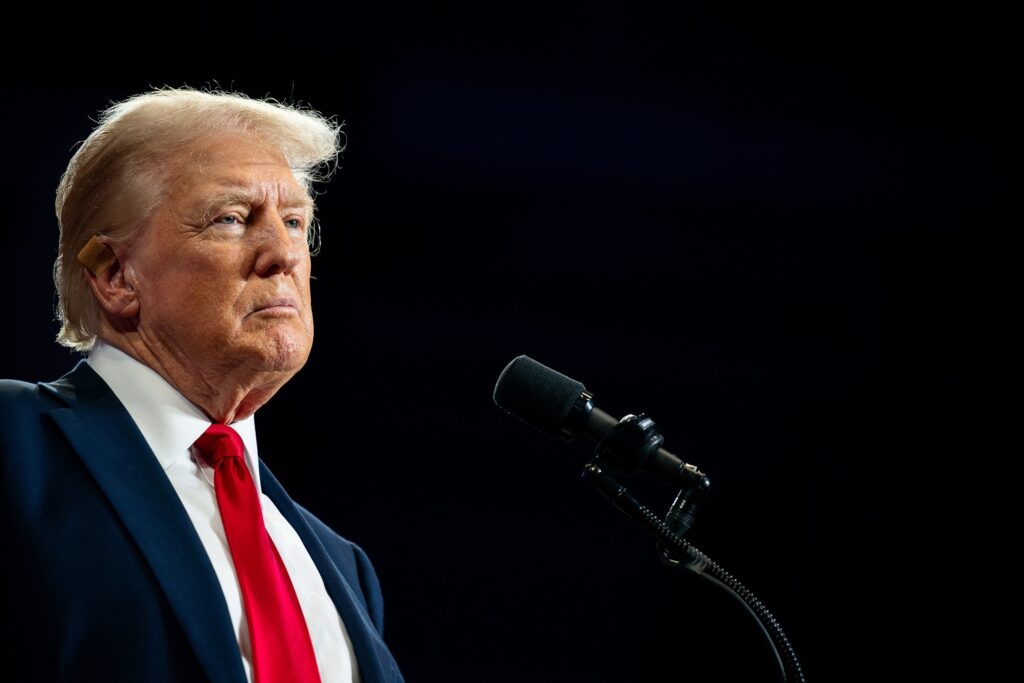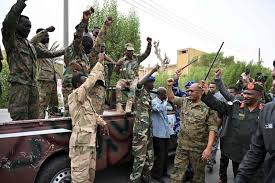F.P. Report
WASHINGTON: US State Department Spokesperson Ned Price has said that obviously, it’s a very important day here at the Department of State. As you have seen and as you heard from Secretary Blinken, we rolled out the 2021 Trafficking in Persons Report. I am very pleased that we have joining us at the top of the briefing on Thursday Dr. Kari Johnstone. She is the acting director of the Office to Monitor and Combat Trafficking in Persons. She will have some remarks, and then she’ll be happy to take your questions before we move on to our regularly scheduled program.
Dr. Kari Johnstone said that I am pleased to be here with you. Earlier today, Secretary Blinken released the State Department’s 2021 Trafficking in Persons Report, or the TIP Report, which examines governments’ efforts to combat human trafficking using a 3P framework of prosecuting traffickers, protecting victims, and preventing the crime. This report reflects the U.S. Government’s commitment to global leadership on this key human rights, law enforcement, and national security issue. It remains our principal diplomatic and diagnostic tool to guide our relations with foreign governments on human trafficking.
Let me first acknowledge that this was a challenging year for the department to produce the TIP Report due to the ongoing COVID-19 pandemic. We are thankful to our colleagues at embassies around the world and throughout the department who worked diligently to gather data and analyze trafficking trends and efforts. I must also heartily thank our team in the Office to Monitor and Combat Trafficking in Persons for your dedication to the mission and to objectively assess governments’ efforts to meet the minimum standards as called for in the Trafficking Victim Protection Act. We were careful to assess consistently and fairly the pandemic’s impact on governments’ anti-trafficking efforts.
This year’s report covers 188 countries and territories, including the United States, and the introduction focuses on the impact of the COVID-19 pandemic. The introduction outlines how the COVID-19 pandemic exacerbated trafficking situations and increased significantly the number of people worldwide at risk to exploitation and how traffickers adapted their methods to take advantage of these circumstances.
The introduction also illustrates the innovative ways that many adapted their anti-trafficking efforts. It emphasizes lessons learned from practitioners, offers ways to rebuild strong anti-trafficking strategies, and focuses on ways governments can prevent the compounding effects of crises on trafficking victims and vulnerable individuals.
The introduction also sought to elevate other important themes such as the struggle to realize racial equity, the importance of survivor leadership, the harmful effects of conspiracy theories related to trafficking, and the reality of familial trafficking. We also included a box on state-sponsored trafficking in persons and, due to the scale of problem, one specifically on forced labor in China’s Xinjiang region and beyond.
I would also like to share some noteworthy results and tier movement within our report. Overall, there are approximately the same number of downgrades and upgrades this year as other years. On a positive note, there were several upgrades due to tangible progress governments made to combat trafficking around the world. We saw progress even in countries where the trafficking challenges had been intractable over many years, despite the pandemic. Several governments received upgrades to Tier 2 for increasing efforts to address trafficking with tangible achievements.
Unfortunately, not all countries made such progress. Six countries received downgrades from Tier 1 to Tier 2, as the department assessed that the governments did not meet all four of the minimum standards and were not making appreciable progress compared to the previous year. Twelve countries were downgraded from Tier 2 to the Tier 2 Watchlist, and two others were downgraded to Tier 3.
The department also made the determination that 11 countries continue to have a government policy or pattern of trafficking and inadequate enforcement mechanisms. Some government officials in these countries were themselves part of the problem, directly compelling citizens or foreign nationals into sex trafficking, forced labor, or use as child soldiers. We found that officials used their power to exploit their citizens or foreign nationals ranging from forced labor in local or national public works projects, military operations, economically important sectors, or as part of government-funded projects or missions abroad, as well as sexual slavery on government compounds.
This year 15 countries were also included on the 2021 Child Soldier Prevention Act list for having governmental armed groups or supporting nongovernmental armed groups that recruit or use children in armed conflict.
Finally, I would like to end with an inspirational note. This year the department is recognizing eight Heroes who have devoted their lives to the fight against human trafficking. The 2021 Heroes come from Albania, the Central African Republic, Gabon, Japan, Kazakhstan, Mexico, Qatar, and Spain. We hope that you saw the video earlier today during the ceremony with the award presentations and heard their voices as each individually shared what they hoped to achieve with the award and their vision for the future. These individuals inspire each of us to do more to advance the global fight against human trafficking and protect the victims and survivors of this crime.
While answering to a question regarding combating trafficking in Afghanistan, MS Johnstone said that as the United States withdraws forces from Afghanistan we will continue to support the peaceful, stable, future the Afghan people want and deserve, and to use our full diplomatic, economic, and assistance toolkit, including to continue to support the Afghan Government to combat trafficking in persons and care for trafficking victims in Afghanistan.
As part of our enduring U.S. support for the people of Afghanistan, Secretary Blinken announced on June 4th that the United States is providing more than $266 million in new humanitarian assistance, bringing the total U.S. humanitarian aid for Afghanistan to nearly $3.9 billion since 2002. In addition, on April 20th, Secretary Blinken announced plans to work with Congress to obligate nearly $300 million in additional civilian assistance to sustain and build upon the gains of the past 20 years. We are not abandoning the people of Afghanistan on the whole array of issues that we collaborate with them, including on human trafficking, and we will continue to work both through our embassy and implementing partners that are implementing this kind of assistance to ensure that the government is able to both sustain and build on the progress that it has made.
She added that I think that remains to be seen. We will certainly do everything that we can, both through assistance and our diplomatic support to support the Afghan Government in its continued ability to both fight trafficking and support the victims.
Similarly, Ned Price said that as you heard it from Dr. Johnstone as well – is that yes, we are withdrawing our military forces, as the President announced, but we intend to maintain a diplomatic presence in Kabul. That is something that is important to us, given our enduring desire to have a continued partnership with the Afghan Government, and crucially with the Afghan people.
So it is absolutely not the case that we intend to abandon Afghanistan, that we intend to relent in our support for the Government of Afghanistan, that we intend to diminish our support and our partnership for the people of Afghanistan. Obviously, that relationship will look different with the military withdrawal underway, and once it is completed in the coming weeks and months. But that does not in any way diminish the commitment we have to the Afghan Government and to the Afghan people. That is the point that is tremendously important to the Department of State, to Secretary Blinken, and to President Biden and the full administration. It’s something that he made clear with President Ghani, with Chairman Abdullah as well in their visit to the White House in recent days.
Mr Price said earlier this year, President Biden committed that the United States will be the world’s arsenal of vaccines in the shared fight against COVID-19. Since then, the administration has taken historic actions and is delivering on that presidential commitment. Over the past several weeks, we have committed to sharing 580 million doses of vaccines to the world, including of course the 80 million doses of our own surplus U.S. supply. These 80 million doses have now all been shared with 46 countries, the African Union, and CARICOM through a combination of bilateral sharing and sharing through COVAX.
Each country has received the specific number and type of U.S. vaccines they will be shipped, and by the end of this week, we will have already shipped out about 40 million doses to the Republic of Korea, Mexico, Canada, Brazil, Taiwan, Honduras, Colombia, Pakistan, Peru, Ecuador, Malaysia, and Bangladesh through a combination, again, of bilateral sharing and through COVAX as well. The remaining doses will be shipped in the coming weeks as countries complete their own domestic set of operational, regulatory, and legal processes. And we will continue to share even more doses in the summer months and beyond.
Next. Today the Secretary of State announced the transmittal to Congress of the Corrupt and Undemocratic Actors List, a report that’s required by Section 353 of the United States–Northern Triangle Enhanced Engagement Act. This report lists individuals from Guatemala, Honduras, and El Salvador who have undermined democratic processes or institutions, who have engaged in significant corruption, or who have obstructed investigations into such acts.
The United States fights for democracy and combats corruption and impunity in support of the people of the region. The citizens of Guatemala, Honduras, and El Salvador have consistently repudiated corruption, demanded accountability from their governments and private actors, and they’ve acted in defense of democratic institutions. We stand with all those endeavoring to build a better, more hopeful future in these countries and in the broader region.
As today’s actions demonstrate, there are consequences when individuals – whether government officials or private actors – violate the principles of democracy, rule of law, and transparency that the people of the region deserve and, in fact, expect. The United States will continue to use a range of diplomatic and economic tools, including actions like this one, to shine light on corruption and encourage the strengthening of democratic institutions so that our neighbors in Central America can build brighter futures for their communities.
And finally, as you heard from Secretary Blinken earlier today, today marks the fifth anniversary of the terrorist attack at the Holey Artisan Bakery in Dhaka, Bangladesh, which resulted in the deaths of 20 people, including one U.S. citizen. We extend our deepest condolences to the loved ones of the victims. We stand with Bangladesh in our condemnation of terrorism and determination to prevent future such attacks. We commend Bangladesh’s efforts to bring those responsible to justice and we recommit to our strong counterterrorism partnership to prevent future attacks.
He added that it is our intention to maintain a diplomatic presence in Kabul. As the President said, the only American service members who will remain in Afghanistan are those required to protect the diplomatic presence there. And that’s because the diplomatic presence is something that enables us, in an effective way, to continue to partner with the Afghan Government and Afghan people. I wouldn’t want to entertain hypotheticals or contingencies. Of course, we are planning for any number of contingencies, and I can say that regardless of what happens, our partnership with the Afghan Government, with the Afghan people will not diminish, it will always endure.
Price added that it is up to the Afghan people to select their leaders. What we do know is that the international community and the Afghan people, of course, will not accept the imposition by force of a government in Afghanistan. Legitimacy and assistance for any Afghan government can only be possible if that government has the consent of the Afghan people, and critically, I would say, has fundamental respect for human rights. That is what we know. Any attempt to install a new Afghan government by force will not be accepted internationally. It will not be accepted by the Afghan people. And the United States and our partners around the world will be watching very carefully the human rights situation and the conditions for the Afghan people, who we know have suffered from years of war, years of violence – the gains that have been achieved we know are fragile, and we will be watching very carefully to do all we can to protect those gains, especially for Afghanistan’s girls, its women, its minorities as well.
He added that it is our intention to continue to support the Afghanistan National Defense and Security Forces, the ANDSF. It right now is a standing force of more than 300,000 Afghan personnel. Our support, the contours of that support, of course, will change as we transition from a direct train, advise, and assist mission through NATO. And – but we will continue to provide assistance to the ANDSF going forward.
While answering to a question regarding Lebanon, he said that the Lebanese people, we have long said, deserve a government that will urgently implement the necessary reforms to rescue the country’s deteriorating economy. The humanitarian conditions for the people of Lebanon are increasingly dire. The Lebanese economy is in crisis, and that is chiefly because of decades of corruption, of mismanagement by Lebanon’s political leaders. We continue to call upon them to put aside their partisan brinksmanship, to change course, and to work for the common good of their people, of the Lebanese people.
The international community has been clear that concrete actions remain absolutely crucial to unlocking longer-term structural support for Lebanon. All of this was discussed in the trilateral meeting with Secretary Blinken and his French and Saudi counterparts. There is shared international interest in seeing stability brought to Lebanon, in humanitarian relief provided to the Lebanese people, and affording and equipping the Lebanese people with a government that they deserve, chiefly a government that serves their interests.

